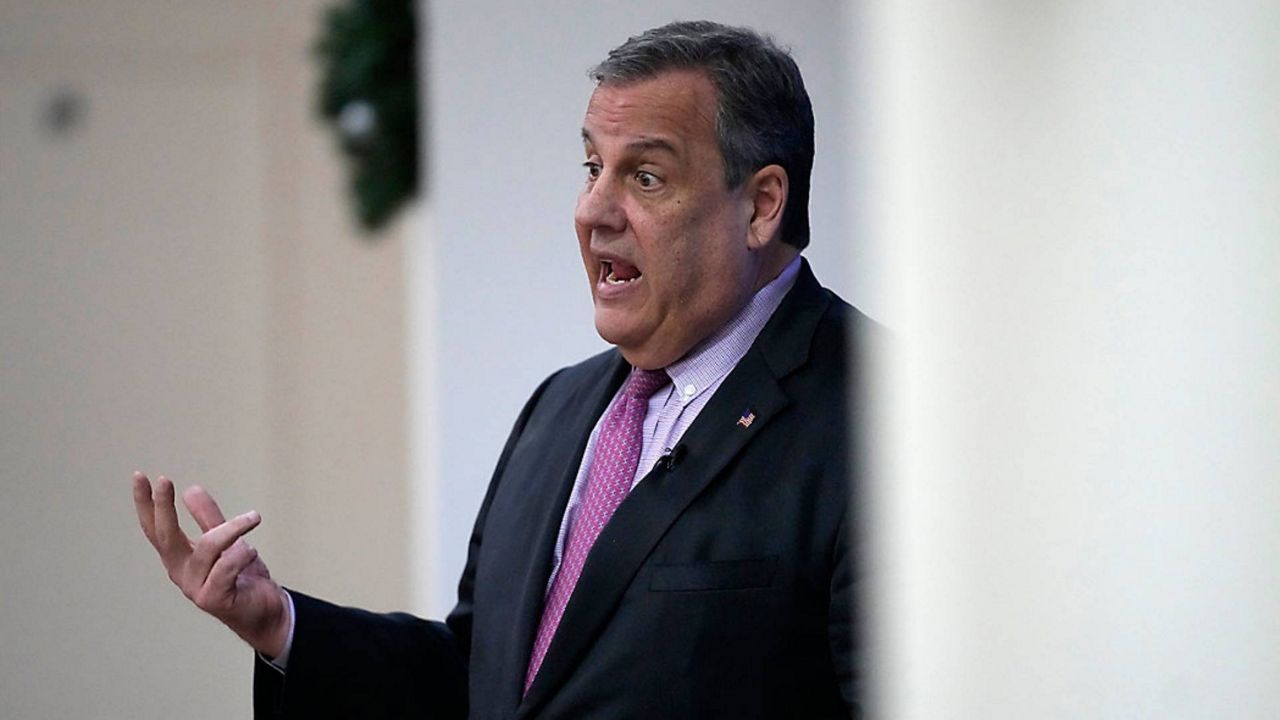A Superior Court judge on Thursday upheld a decision by the Maine Secretary of State that prevents Republican presidential candidate Chris Christie from appearing the 2024 primary ballot.
On Dec. 1, Secretary of State Shenna Bellows ruled that Christie — the former New Jersey governor — turned in only 844 valid signatures, far short of the required 2,000.
The campaign appealed the decision, saying that some municipal clerks rushed through the certification process, misapplied state law and that the campaign substantially complied.
In court documents, the Christie campaign said it turned in more than 3,000 signatures.
However, “many of the signatures had not been reviewed for certification because Mr. Christie’s campaign had not delivered them to the registrar of the voter’s municipality,” Superior Court Justice Julia Lipez wrote in her decision.
Maine law requires municipal clerks to certify signatures by making sure the person “is enrolled in the proper party and is a registered voter in that municipality,” Lipez wrote.
In a Friday statement, Bellows said the decision upholds “the integrity of Maine’s well-established ballot access requirements. Every candidate, including presidential candidates, must follow the law to qualify for the ballot.”
The Christie campaign did not respond to Spectrum News with a comment on the ruling.
Earlier this month, Bellows certified six Republicans to appear on the March 5 GOP primary ballot: former President Donald Trump, Florida Gov. Ron DeSantis, former U.N. Ambassador Nikki Haley, businessman Vivek Ramaswamy, Texas pastor Ryan Binkley and North Dakota Gov. Doug Burgum, who has since dropped out of the race.
Whether Trump will appear on the ballot is yet to be decided following appeals filed by six individuals who say he does not meet the Constitutional requirements to be president a second time.
They say Trump incited insurrection on Jan. 6, 2021, during a speech to supporters before they attacked the U.S. Capitol to try to stop the Electoral College votes from being counted.
The Constitution specifically refers to insurrection in the 14th Amendment, saying that “no person” can serve if they previously took the oath of office and “have engaged in insurrection or rebellion.”
Attorneys for Trump say he did not engage in insurrection and that it’s up to Congress to make those kinds of decisions, not Bellows.
A ruling earlier this week by the Colorado Supreme Court to keep Trump off the ballot there delayed a decision by Bellows on the matter in Maine.
Although she originally anticipated issuing her decision today, she asked attorneys for all parties to submit new briefs for consideration in light of the Colorado ruling.
Bellows is expected to issue a decision on Trump next week.



